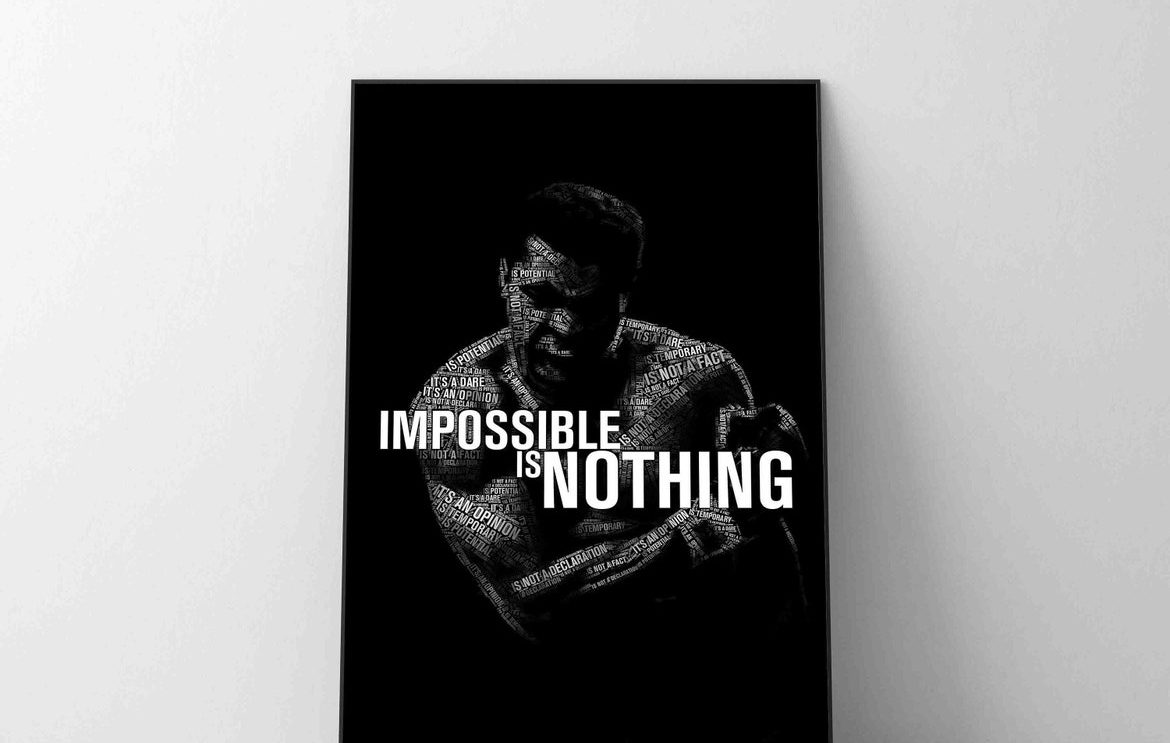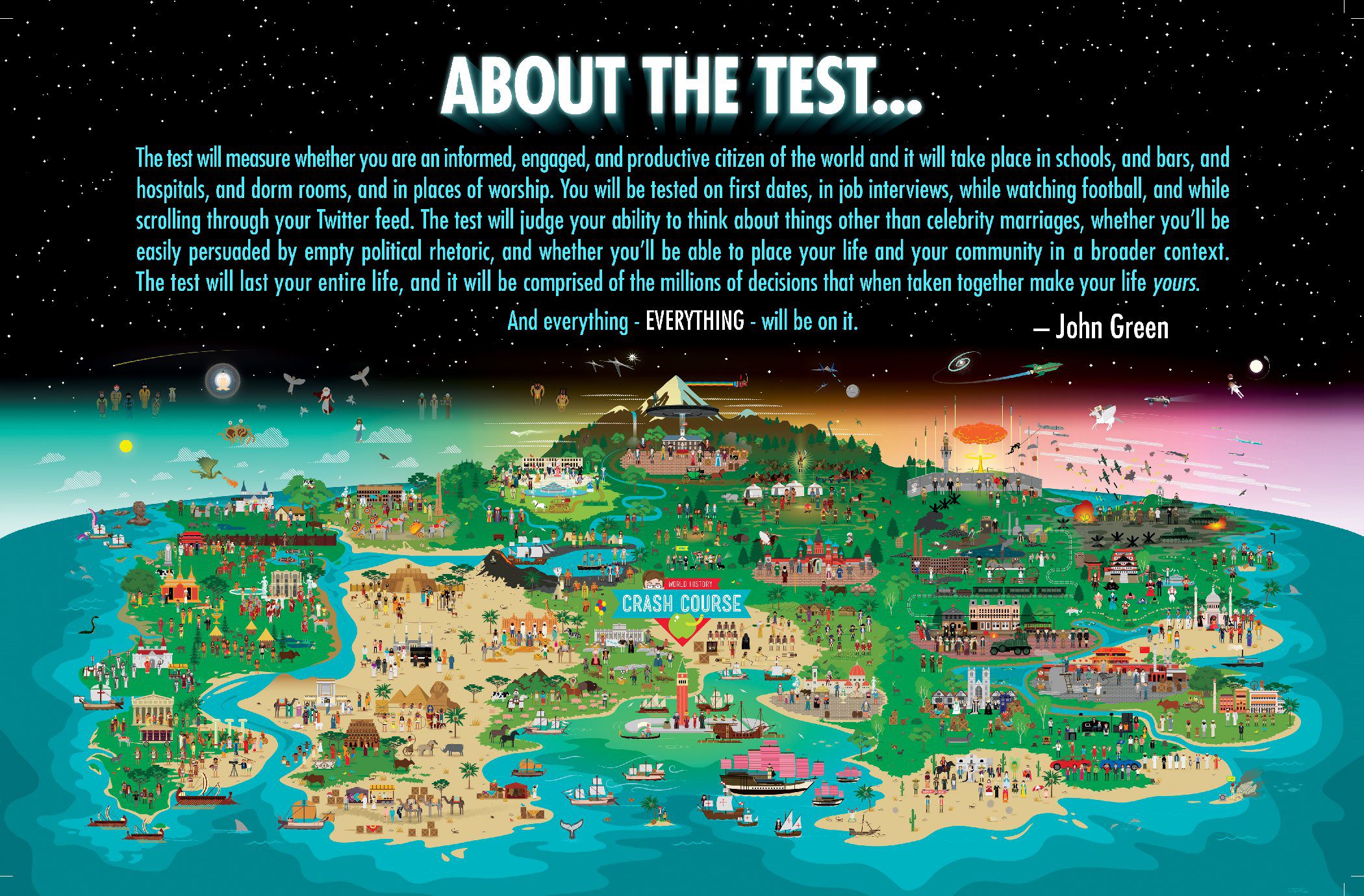Throughout this course, I had the opportunity to reflect on a range of topics. Educators need to find a balance between work and personal life so they do not become exhausted and fail to provide the attention and care their students deserve. Among the concepts that made me reflect the most was the one raised […]
Current Author Module: Care & Equity
Care & Equity Reflection
One of the most interesting things that happened during the Care & Equity module for me was that I kept hearing/reading about news stories that were related to the topics we were discussing. Just before I read Terry Gross’ interview with Adam Harris (“The State Must Provide”) along with the group’s comments, I heard an […]
Wonderland
I choice to take a picture of the cover of the text of a book I am using for an experimental course I am teaching this semester called Play and Society (SSDI). I am enjoying so much our discussions in the course and how students are connecting fun and leisure to society. I never now […]
Elisabeth’s Thoughts on Teaching
Teaching Trajectory
Impossible is Nothing
I’ve always kept this poster in my office as a reminder as much for my students as for myself. I love that the quote can be a motivator to be a change maker or meaningful for something as simple as taking a low-level risk. It can have different meanings depending on the individual and depending […]
About the Test…
I have this poster in my office. It is a quote from John Green in the early days of Crash Course World History. It reads ““Yeah, about the test… The test will measure whether you are an informed, engaged, and productive citizen of the world, and it will take place in schools and bars and […]
Heavy Hand or Open Heart
-No late work, no excuses -No revisions, all work submitted is final -No opportunity for extra help-students should be able to figure work out at this point in their educational careers -No absences, no excuses -No group work or collaboration, the course will be lecture based
Autumn Ecstasy
Reflection on the Socratic Method in Troubled Times
This reflection accompanied a recent introduction to Western philosophers and speaks to several current crises: The Socratic method causes what was known in ancient Greece as aporia: “Such an examination challenged the implicit moral beliefs of the interlocutors, bringing out inadequacies and inconsistencies in their beliefs, and usually resulting in puzzlement known as aporia. In […]








